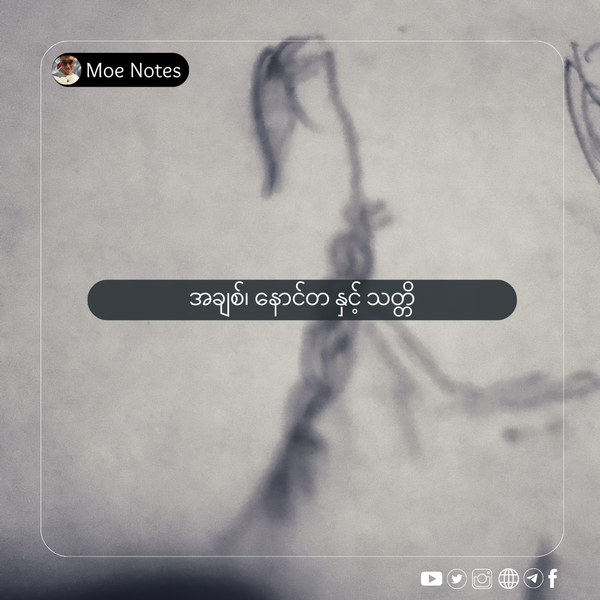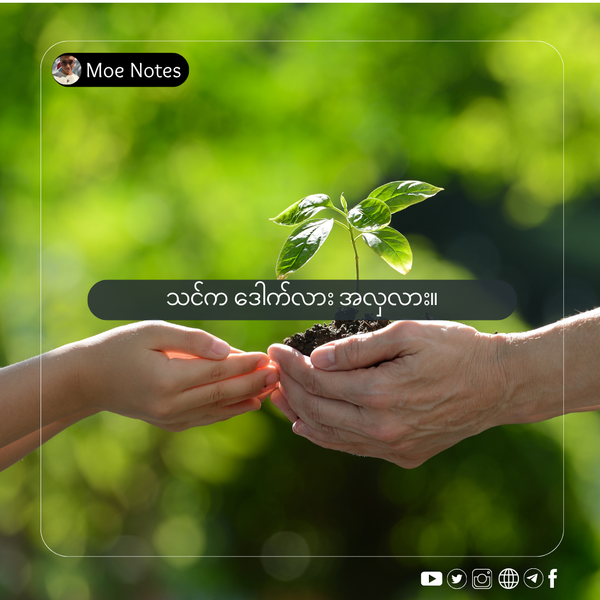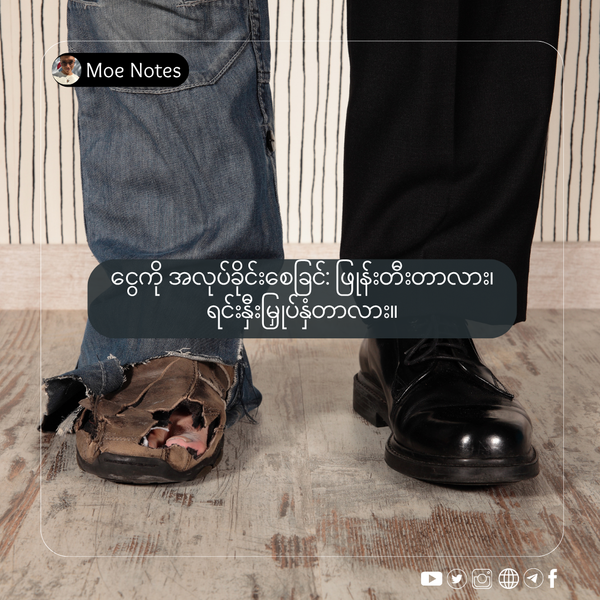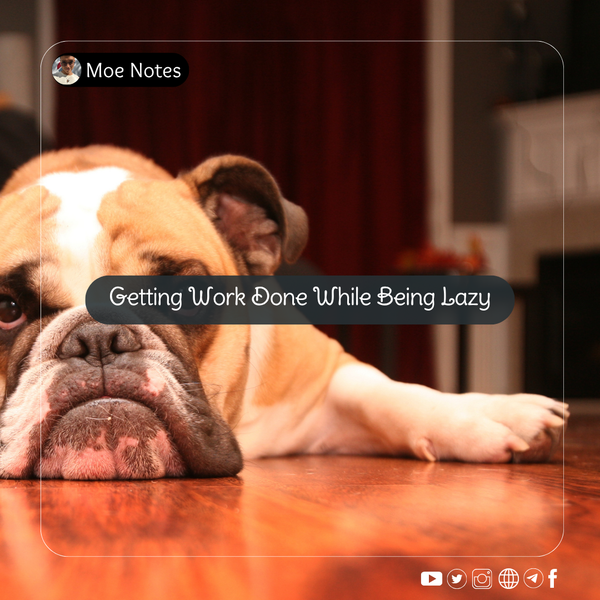What to Prepare Before Studying Abroad: A Student’s Practical Guide
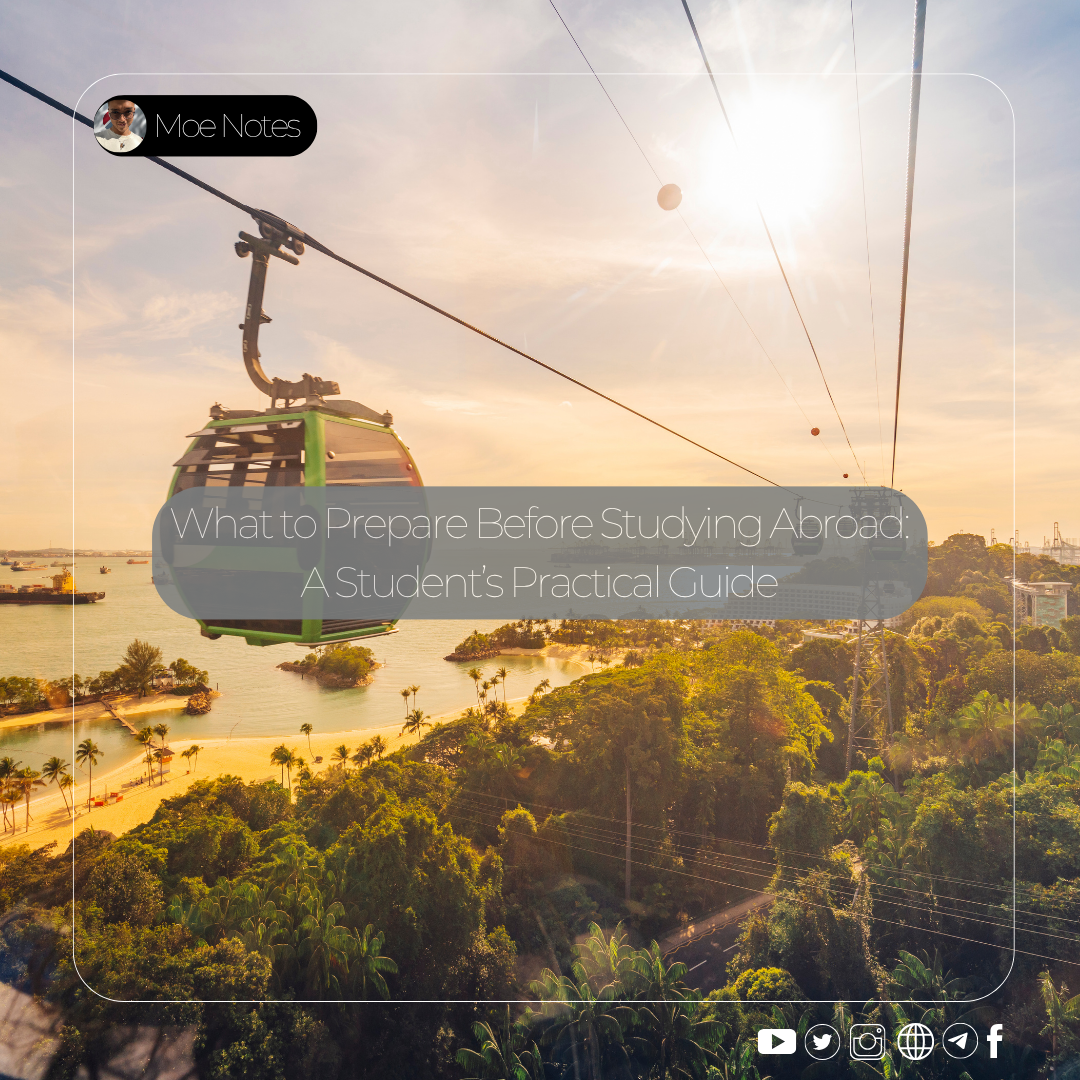
This article is also available in [Burmese]
I’m writing this from a small, park-like patch of grass at my student accommodation. It’s past midnight, but the August air is mild and pleasant. Armed with a bottle of water, my phone, and my glasses, this is my journaling session.
Before I came to the UK, my mind was filled with a vague sense of dread—a fear of the unknown. The time between finishing my OSSD high school program and starting university was only a few short months, leaving almost no time for preparation. While I managed to attend a few courses, I now realize that a more systematic approach would have been invaluable.
Today, I want to share a practical guide based on my own experiences, mistakes, and lessons learned about what you should really prepare before you leave your home country.
Pillar 1: Mastering the Language of Academia (English)
This is the most common piece of advice, yet it's often handled ineffectively. Many students either spend a fortune at large institutions like the British Council or drift aimlessly between small classes and YouTube tutorials without a clear strategy.
For me, the most effective method was simple: Read high-quality news articles.
Instead of celebrity gossip, read in-depth articles about your destination country or topics you are passionate about. For me, that was detailed crime investigation journalism. For a Myanmar context, I followed outlets like Myanmar Now. Reading high-quality prose helps transition your vocabulary from passive (words you recognize) to active (words you can use), and it fundamentally improves your own sentence structure.
A valuable piece of writing should benefit the reader, be timely, be based on facts, and leave you with a lasting thought. International news outlets are full of such articles, many of them free. Dedicating just 15-30 minutes a day to this habit will, I guarantee, improve all four of your language skills: Speaking, Reading, Writing, and Listening.
Recommended Reading:
- General News: The Guardian, The Wall Street Journal, Reuters, BBC News
- Technology & Science: WIRED, MIT Technology Review
- Architecture: Dezeen, ArchDaily, The Architect’s Newspaper, Detail Magazine
Pillar 2: Arming Yourself with Digital Tools (Tech Literacy)
If you're thinking, "I use my phone all day, I'm an expert on Facebook, I don't need this," this section is especially for you.
University life abroad is completely integrated with technology. From grocery shopping to submitting your dissertation, everything runs on laptops and phones. Knowing how to use Facebook or basic Microsoft Word is not enough.
Adopting an "open mindset"—the willingness to admit what you don't know and learn—is one of the most valuable traits you can have at university. Preparing your tech skills in advance will save you immense stress while you're trying to settle in.
Actionable Tech Tips:
- Professional Apps: Go beyond the basics. Familiarize yourself with the Google Suite (Docs, Slides) and Canva, but also try your hand at the Adobe Creative Suite (Photoshop, InDesign).
- Video Editing: Learning to edit simple videos is an incredibly useful skill for university presentations.
- Reference Management: Master a reference manager like Zotero or Mendeley. It will save you countless hours when writing academic papers.
- Coding (Optional): Learning the basics of a language like Python can significantly boost your analytical and problem-solving skills.
These skills will not only make your academic journey smoother but will also make you stand out from your peers upon graduation.
Pillar 3: Building Real-World Experience (Work & Volunteering)
In Myanmar, there can be a perception that only those from families facing financial hardship work at a young age. We must discard this mindset. Working is not just about earning money; it is a real-world education in communication, responsibility, and time management.
The gap between school and the workplace is vast. In school, you are the client paying for a service. In a job, you are providing a service in exchange for something of value. Without any work experience, you may struggle with group projects at university or with finding a part-time job during the holidays.
My own experiences volunteering during the COVID pandemic—as a nursing assistant and helping displaced people—taught me invaluable lessons about processes and human nature.
What You Can Do:
- Internship: Seek out internship opportunities related to your major.
- Volunteer: Join an organization and offer your time.
- Part-time Job: Get any small part-time job.
This experience will not only strengthen your CV and university applications but will also build crucial self-confidence.
Pillar 4: Preparing for a New Culture
This is an "optional" step that most people skip, but it is vital for your mental well-being.
Rather than arriving in the UK (or any new country) completely blind, take some time to learn about the local culture, social etiquette, and daily lifestyle.
- Watch expatriate vloggers and "day in the life" videos on YouTube.
- Read books by authors from your destination country.
- Learn basic etiquette (e.g., the tipping system, how to greet strangers).
- Think in advance about how you would calmly and confidently respond to an act of discrimination.
This preparation can significantly reduce culture shock and help you acclimate much more quickly.
A Final Note: The Art of Asking for Help
I receive many questions about architecture and university life. I'm not a service; I'm just one person sharing his experience. Most people who reach out are humble and polite, and I am always happy to help them.
However, some encounters are disheartening. I've spent long periods crafting detailed replies or recording 10-minute voice messages, only to be met with complete silence—not even a simple "thank you." It sometimes feels like a free service is a valueless one.
So, I want to share a short guide on how to effectively ask for mentorship:
- Do: Be open about your background and what you do or don't know. (e.g., "I'm new to this and don't know where to start.") This helps the person guide you effectively.
- Do: Conduct your own basic research first, then ask specific questions.
- Don't: Act like you know everything while simultaneously asking for help. It's confusing and makes it difficult for someone to assist you.
- Don't: Barrage someone with questions and then disappear once you have your answers. Respect their time.
I write these notes because I find joy in knowing that my experience can help someone else. I stumbled through this journey myself, so please don’t worry too much. The most important thing is to keep a calm mind and take one step at a time. Thank you to every single friend who continues to offer their support.
